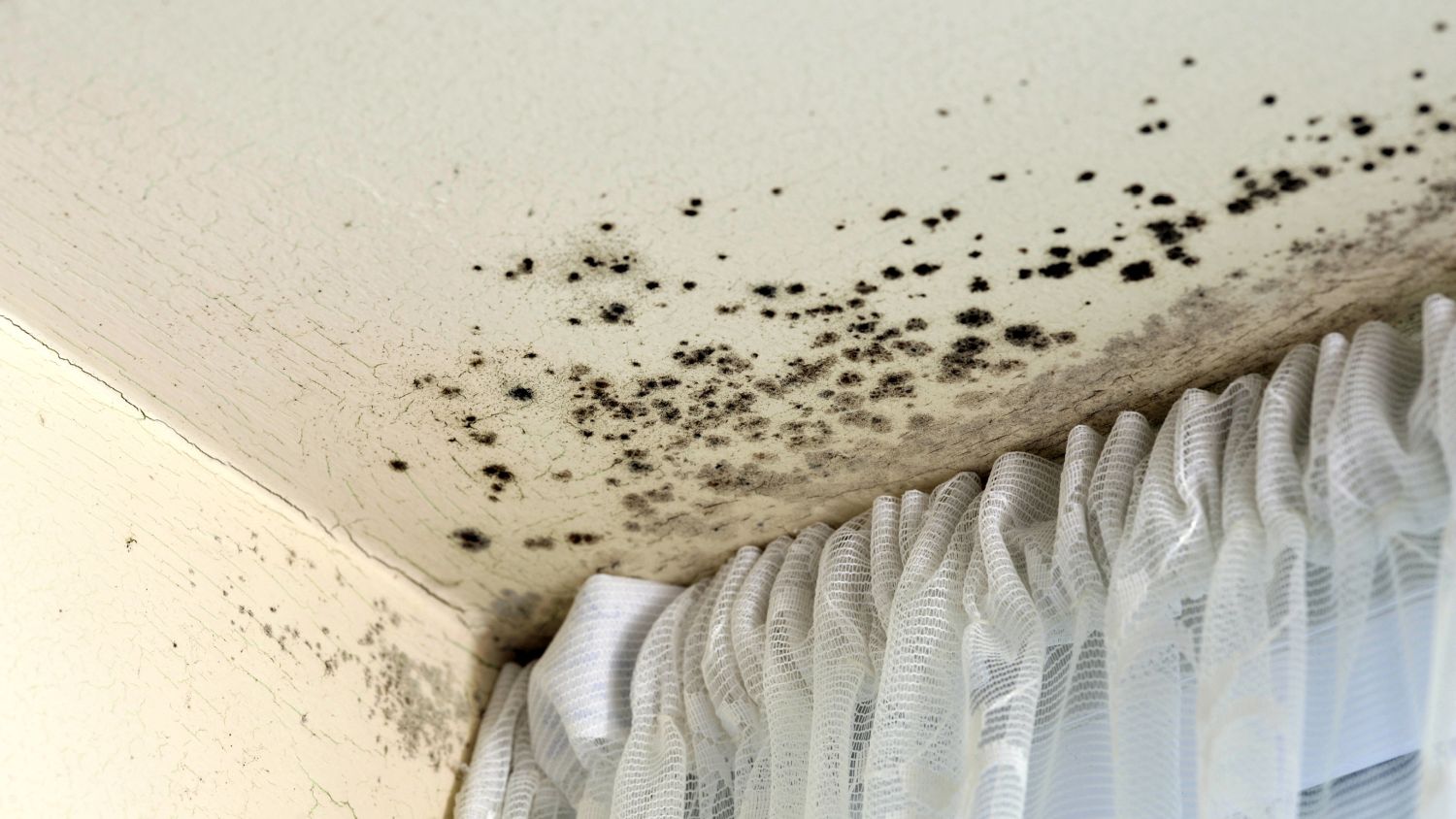
The long-awaited Awaab’s Law requiring social landlords to quickly address poor living conditions will come into force in October this year, the government confirmed today (6 February).
Housing secretary Angela Rayner said in Parliament that the new legislation will then extend to a wider range of hazards from 2026.
Clause 42 of the Social Housing (Regulation) Act 2023, also known as Awaab’s Law, mandates that social housing landlords urgently investigate and remediate dangerous hazards within their properties within set timeframes.
The legislation is named after Awaab Ishak, a two-year-old boy who died in December 2020 from a respiratory condition caused by mould in his home.
The government said it received over 1,000 responses to the consultation on Awaab’s Law from social housing landlords, social housing tenants, industry experts and members of the public.
The government is expected to publish its response soon alongside further detail on Awaab’s Law and guidance to support implementation.
“The government will bring Awaab’s Law into force for the social rented sector from October this year,” said Rayner. “We intend to act as quickly as possible to bring all relevant hazards within the scope of new legal requirements, but to ensure its effective implementation we will implement Awaab’s Law through a phased approach.”
Rayner added that the proposed phasing will be as follows:
- From October 2025 social landlords will be required to address damp and mould hazards that present a significant risk of harm to tenants, within fixed timescales. They will also have to address all emergency repairs, whether they relate to damp and mould or any other hazard, as soon as possible and within no longer than 24 hours.
- In 2026, requirements will expand to apply to a wider range of hazards beyond damp and mould. The hazards in this second stage of implementation will include excess cold and excess heat; falls; structural collapse; fire, electrical and explosions; and hygiene hazards.
- In 2027, the requirements of Awaab’s Law will expand to apply to the remaining hazards as defined by the housing health and safety rating system.
While Awaab’s Law applies only to social housing, the recently announced Renters’ Rights Bill includes provisions to apply the law to the private rented sector.
‘Zero tolerance culture towards hazards’
Richard Blakeway, Housing Ombudsman, said: “We have seen some progress two years after the inquest into Awaab Ishak’s death. We can see landlords investing more into repairs, using new technology and changing the culture of housing management. Those landlords should be recognised for the steps they have taken to make homes better in this vital sector.
“Despite this progress, we still repeatedly find significant and preventable failings in handling potential health hazards in homes. We find some landlords not taking full responsibility, communicating poorly and making basic errors. Around half of our casework still concerns damp and mould.
“The expectations are clear and landlords should not wait until the last moment to make changes but extend the discipline of Awaab’s Law to other hazards as soon as possible, especially when handling mould alongside other hazards in the same home or block. This would avoid the shocking conditions we see in some cases, including children living with bedroom windows boarded up for years, older people experiencing broken boilers in winter and dead rats making homes uninhabitable.
“The social housing sector’s audit of its housing will also reveal the extent of the challenge with conditions. While some landlords are prepared for this, we can see from our casework that others will face significant challenges. This law should be a catalyst for landlords to get back on top of managing hazards, modernising their repair services and adopting a zero tolerance culture towards hazards.”











